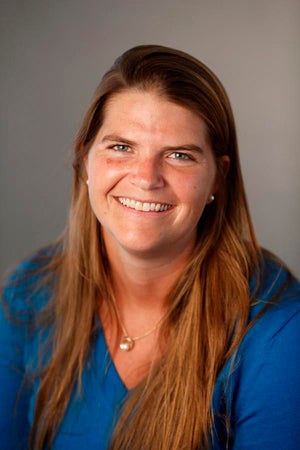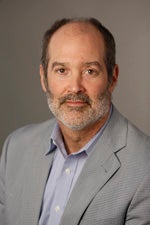USC Experts Available to Discuss Drug Prices, Clinton’s Healthcare Agenda
Contact: Robert Perkins at (213) 740-9226 or perkinsr@usc.edu or Emily Gersema at (213) 740-0252 or gersema@usc.edu
Presidential candidate Hillary Clinton will roll out her healthcare agenda at noon today. Experts from the USC Schaeffer Center for Health Policy & Economics are available to provide insight on her proposed policies.
Cadillac Tax could hurt low-income workers
Hillary Clinton will roll out her healthcare agenda at noon today. She’s expected to join other Democratic candidates in calling for the repeal of ObamaCare’s “Cadillac Tax” — a 40 percent excise tax on employer-sponsored health coverage exceeding certain amounts.
Rather than reducing inequality, the Cadillac Tax could exacerbate it, harming low-income workers, according to a paper published this summer by Erin Trish of the USC Schaeffer Center for Health Policy and Economics.
“The tax exclusion for employer-sponsored health insurance has been a longtime source of inefficiency and inequity in US healthcare. While implementing the Cadillac Tax would take an initial step toward reducing this inefficiency, it would actually be likely to result in increased inequity, imposing a higher cost on low-income workers,” says Trish, also an assistant research professor at the USC Price School of Public Policy.
Trish can be reached at (213) 821-6178 or etrish@healthpoli cy.usc.edu.
cy.usc.edu.
U.S. should not negotiate drug prices the way European governments do
Clinton is also expected to outline a multi-part plan to decrease the cost of prescription drugs, possibly by regulating drug pricing.
Darius Lakdawalla, professor of pharmaceutical economics and public policy, urges policymakers to take the long view and that these price controls may not be in the best interest of society.
“Our research finds that, if the US government were to begin negotiating drug prices the way many European governments do, drug prices would fall by about 20 percent, but innovation would fall by even more. Patients would see their lives cut short by delayed or disappeared new drug launches. On balance, America would lose more in the form of premature mortality from price controls than it would gain in lower spending,” says Darius Lakdawalla, Quintiles Chair in Pharmaceutical Development and Regulatory Innovation with joint appointments at the USC School of Pharmacy, the Price School of Public Policy, and the USC Schaeffer Center.
Lakdawalla can be reached at (213) 740-6012 or dlakdawa@usc.edu.
Drug polices need to be nuanced
“There’s a difference between innovator drugs and generic drugs- policies should reflect that. High launch prices provide incentives for firms to innovate. Take the new HepC drugs- they are expensive, but they are exactly the type of product we want firms developing.
“But large price increases for decades old generic products are hard to justify and generally reflect a firm (or firms) exploiting their monopoly power. Generics, particularly those that treat a small patient population, should be treated like public utilities, where prices are regulated to ensure access,” says Geoffrey Joyce, associate professor with the USC School of Pharmacy.
Joyce can be reached at (323) 442-1371 or gjoyce@healthpolicy.usc.edu.
###



